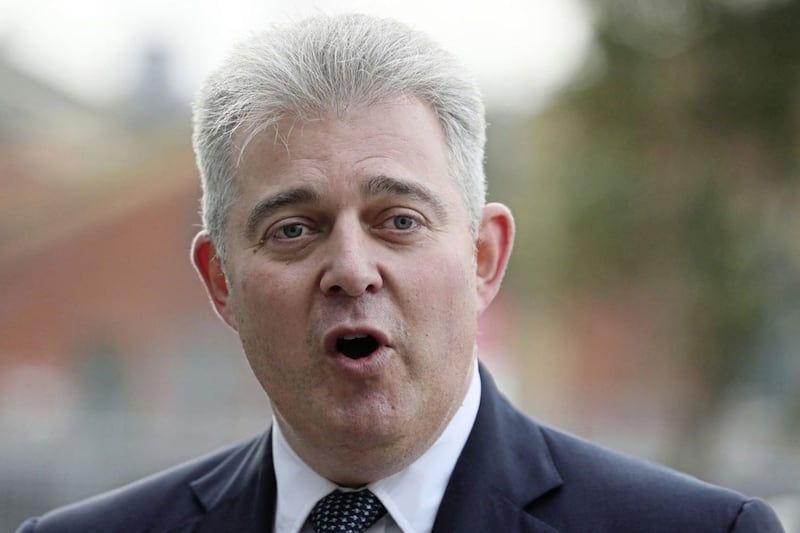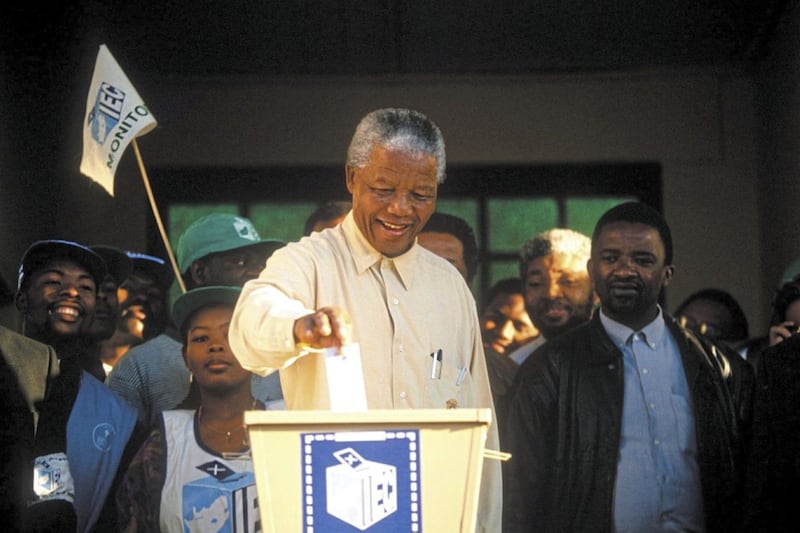It is a matter for enormous concern that, more than two decades after the Good Friday breakthrough, so many issues linked to the legacy of The Troubles still remain unresolved.
The Stormont House Agreement, published in December, 2014, after detailed cross-party negotiations, offered hope that we might start to come to terms with our past, but, almost six years later, its proposals have yet to be implemented.
All the political deadlock has placed enormous pressure on the office of successive police ombudsmen, to the extent that legal actions were eventually launched over a lack of access to crucial security files.
It always needs to be stressed that every killing of the last half a century and beyond was wrong, whether carried out by loyalists, republicans or the forces of the state, and inflicted only misery on thousands of innocent families.
While paramilitary groups were responsible for the vast majority of the carnage, the authorities have a firm duty to ensure that, when there is clear evidence that police officers and British soldiers had broken the laws they were required to uphold, they will be held to account.
However, time after time, deeply contentious episodes of this kind were followed by seriously flawed investigations which resulted in either collapsed prosecutions or more regularly never got close to the courts in the first place.
The new police ombudsman, Marie Anderson, deserves full credit for making a determined effort to achieve progress, and last week's announcement of an agreement with the PSNI that her officials can become directly involved in searches of records previously held by the former RUC represents a significant step forward.
It is important to accept the sheer scale of such projects, with the PSNI in possession of an estimated 44m documents relating to cases dating back to the 1960s, but there are indications that events are starting to move in the right direction.
As Ms Anderson set out in an interview with The Irish News, she is also seeking new powers which will require retired police officers to cooperate with her investigators.
It is an obvious anomaly that former officers are at present not legally obliged to participate in the ombudsman's inquiries and there will be an expectation that the relevant legislation can be advanced within a reasonable timeframe.







